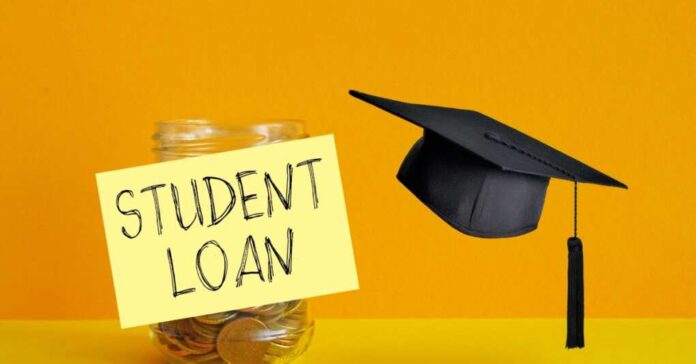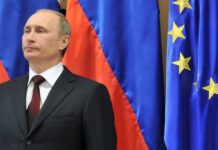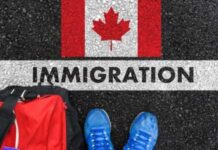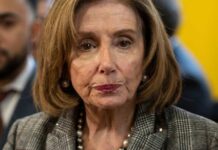
On Thursday, the Department of Education announced that 35,000 more people had $1.2 billion in student loans forgiven through the Public Service Loan Forgiveness (PSLF) program. This program cancels loans for people who worked full-time in public service and made 120 student loan payments.
Under President Biden, the program’s rules have been expanded. Because of the strict requirements, only 7,000 people have had their loans forgiven since the program started in 2007. The changes under Biden have made it much easier for people to qualify.
According to the Department of Education, 946,000 public service workers have eliminated $69.2 billion in loans through Biden’s taxpayer-funded “generosity.”
Some borrowers had their student loans canceled as part of a temporary relief program that ended in October 2022. Others benefited from permanent changes to the Public Service Loan Forgiveness program.
After making 120 monthly payments, borrowers get the rest of their federal student loans forgiven.
It’s a small victory in Biden’s scheme to “buy” votes by eliminating student loans, but legal challenges have plagued the President’s plans. Undeterred, the Biden administration pushes the wildly unpopular Saving for a Valuable Education (SAVE) past those challenges.
Over one in ten federal student loan borrowers have had their debt forgiven. However, over a dozen Republican state Attorneys General are suing to stop the Biden administration’s SAVE plan. They argue that it unfairly shifts the student loan debt burden to other taxpayers who didn’t take out big loans or get expensive degrees.
The Biden administration has been canceling student debt even after the Supreme Court blocked its original plan about a year ago. Last summer, Biden introduced the income-driven SAVE plan, which has already bailed out more than eight million borrowers.
Recently, judges in Kansas and Missouri tried to block the SAVE plan, but the 10th U.S. Circuit Court of Appeals allowed parts of the plan to continue on July 1.
But now, a federal appeals court has forced the Department of Education to pause the SAVE plan for millions of borrowers. The pause will allow legal challenges to be answered. According to U.S. Secretary of Education Miguel Cardona, borrowers enrolled in SAVE will be put on “interest-free forbearance.”
Republican-led states, like Arkansas, Florida, and Missouri, are suing, saying the Biden administration overstepped its authority with SAVE. They argue it is a way to forgive student debt after the Supreme Court blocked a similar plan in June 2023.
Attorney General Andrew Bailey (R-MS) posted on X Thursday that the ruling against the SAVE plan was a significant victory for Americans.
Bailey applauded the court’s decision, noting that Biden’s student loan plan would have burdened working Americans with half a trillion dollars in debt.
Attorney General Kris Kobach R-MS) agreed, calling the court’s decision in Kansas a victory for the country.
He explained that only Congress can decide to forgive billions of dollars in student debt.
He also said that workers in Kansas who didn’t go to college shouldn’t have to pay off the student loans of people in New York with “gender studies degrees.”
The order from the 8th Circuit Court goes further than the Missouri court’s original decision, which only stopped student loan forgiveness under the SAVE plan.
The new order could stop the program, including lower payments, special subsidies to prevent high interest, and automatic income checks.
This court is the same one that blocked Biden’s first student debt cancellation plan, which would have forgiven millions of borrowers $10,000 or more. The new ruling puts the future of the SAVE plan in doubt. It affects the eight million people enrolled in it, as well as those with pending applications or who intend to enroll.
The order is temporary until the court decides on Missouri’s broader request, but it could become permanent. This would block student loan forgiveness and lower payments for a long time.
With different decisions from different federal courts, the Supreme Court will probably get involved to decide what happens with student loan forgiveness. If SCOTUS’ previous ruling is any indication, Biden’s vote-buying scheme will be doomed to fail again.














